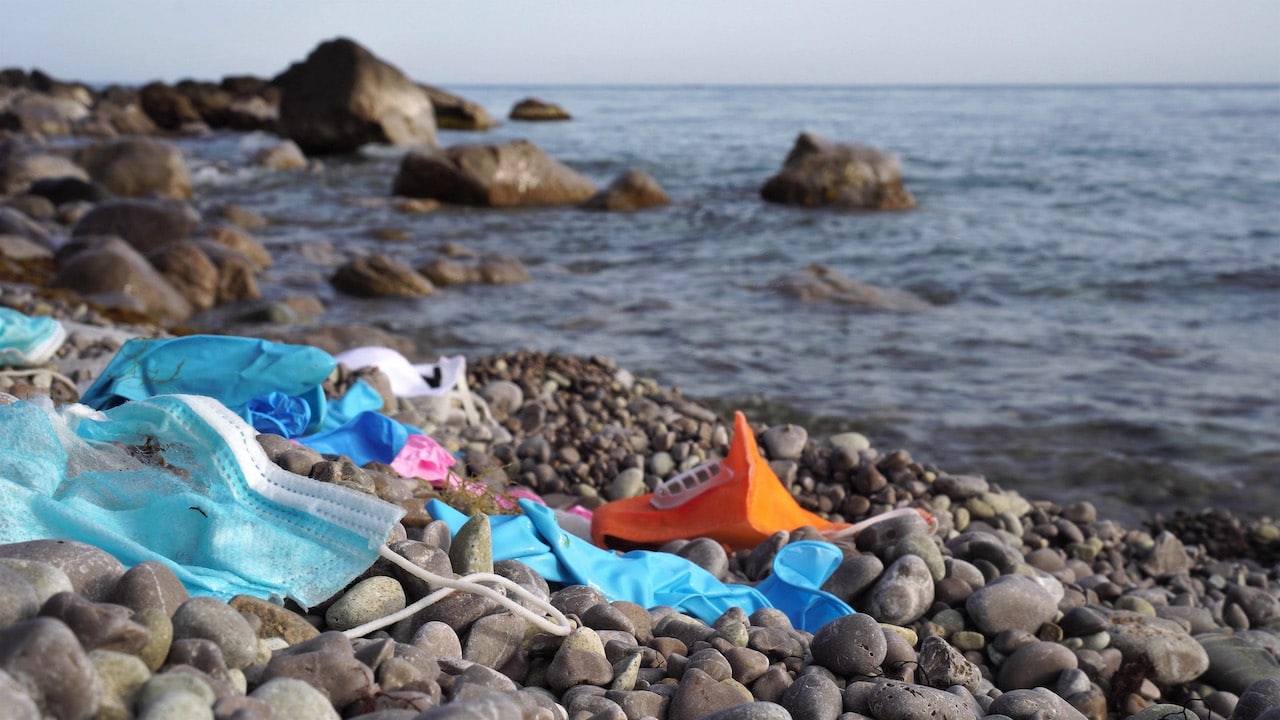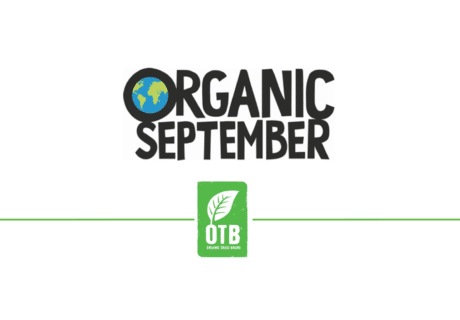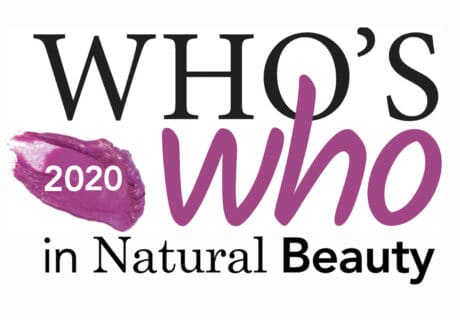Billions of disposable masks and gloves are ending up in the sea during the coronavirus pandemic, according to international non-profit Ocean Conservancy which warns we could be heading for a surge in ocean pollution.
Divers and environmental observers have witnessed an increasing number of surgical masks and latex gloves washing up on foreshores and polluting the world’s waters.
Across the planet – from the Soko Islands in Hong Kong and the Bosphorus in Turkey, to the Cote D’Azur in France and even the banks of London’s River Thames – the PPE now commonplace in everyday life is encroaching on the natural habitats of species such as birds and sea creatures.
The glove or the mask that you take off … could easily be the glove or the mask that kills a whale
“It’s important to understand we had a tremendously grave crisis before the pandemic even started in terms of plastic waste in the ocean – and now you take the global pandemic. At the current rate, we’re putting 129 billion – and I’m saying billion – face masks into the environment every single month [and] 65 billion plastic gloves. A significant portion of those would be disposed of improperly and wind up in the ocean,” says Doug Cress, vice president of conservation for Ocean Conservancy.
Cress has a simple message for the world: “The glove or the mask that you take off … could easily be the glove or the mask that kills a whale. So understand that the simple human act of indifference or of safety may have a tremendously deleterious effect on the other end.”
Throwing away our ‘throwaway culture’
In Scotland – where face coverings in all retail settings will become mandatory on 10 July – Edinburgh’s zero waste store The Refillery has been carrying out its own beach cleans on the east coast of Scotland. Kelly Wright, founder of the store, is no stranger to discovering sanitary waste littering local nature spots.
Wright says although upsetting, Ocean Conservancy’s figures about the amounts of masks and gloves polluting the ocean are ‘unfortunately not surprising’. “The recent images of beauty spots and beaches around the country covered in litter reaffirms that we are still very much living within a throwaway culture.”
The Refillery, up until now, has not stocked cloth face coverings, as Wright says the store’s square footage is ‘large enough to implement good social distancing measures’ and there is also a hand wash station on the shop floor. But come 10 July she says staff and customers alike will of course need to adhere to updated guidance and she doesn’t see this being an issue among regulars. “Our local community have been so supportive during our journey through the COVID-19 pandemic. We have always followed government advice to keep our staff and customers safe.”
The recent images of beauty spots and beaches around the country covered in litter reaffirms that we are still very much living within a throwaway culture
So how can retailers like Wright help ensure important environmental causes don’t get drowned out by wider COVID-19 issues during Plastic Free July and beyond? As Edinburgh’s largest plastic-free grocery store, The Refillery continues its efforts to advocate for earth-friendly behavioural changes in the local community. “We are helping more people to move towards a more minimal waste lifestyle and reduce the amount of plastic they consume. We encourage our customers to reuse when they can, refilling not only dry goods and detergents but also frozen food too. We continue to find more ways to enable our customers to refill and also provide a large range of products that are completely plastic free. We work with our suppliers, helping them to adapt their packaging to remove plastic, proving that we can have access to a good range of groceries but without plastic.”





